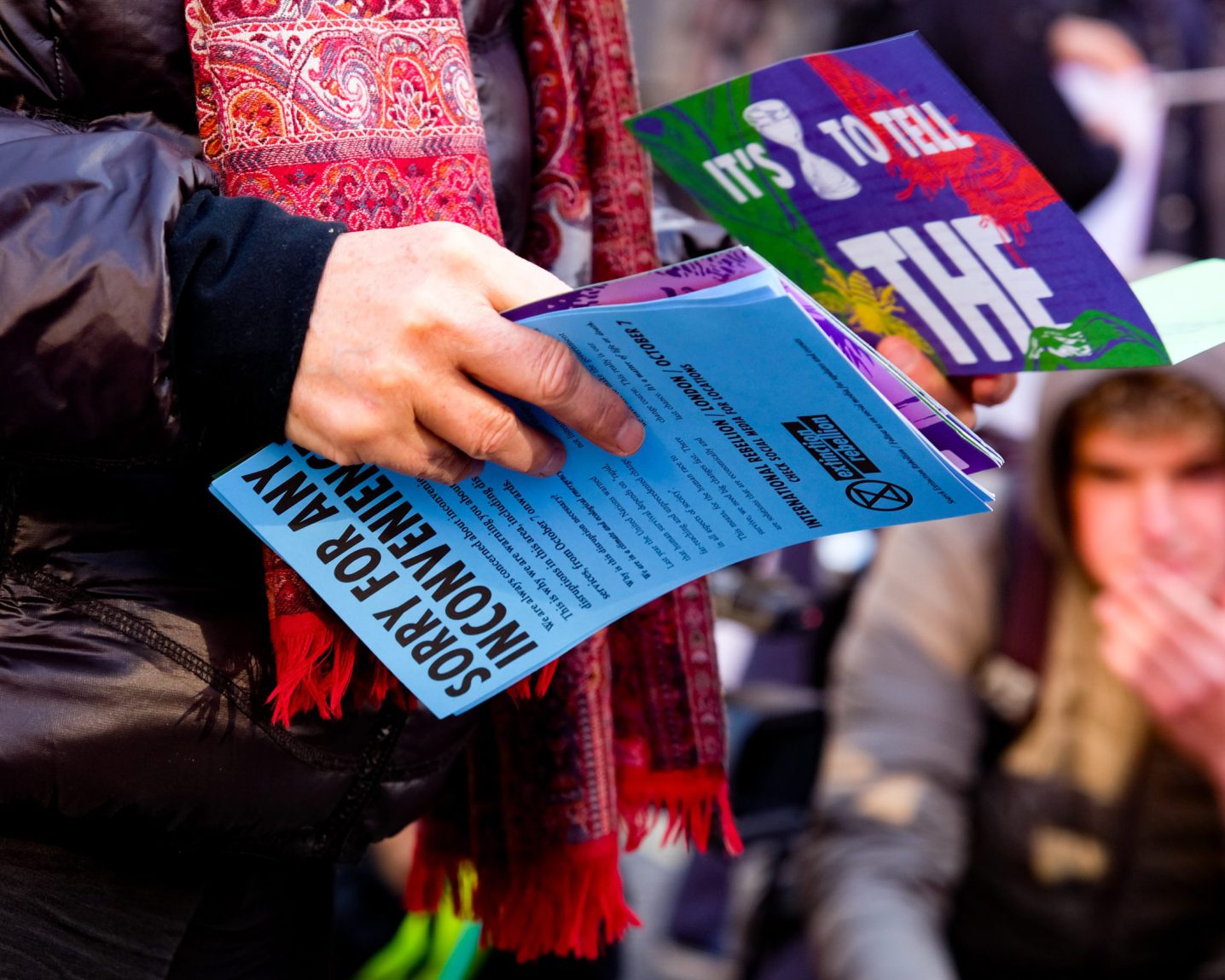Environmental impact of unaddressed advertising and door-to-door magazines
Environmental impact of unaddressed advertising and door-to-door magazines
We supported all Dutch municipalities on the decision whether to switch from an 'opt-out system' to the 'opt-in situation' for dealing with unaddressed printed material.

The Challenge
Rebel took on the challenge to create a user-friendly tool that allows municipalities to determine the potential environmental impact of various options tailored to their own situation.
The Approach
We started with the data collection needed to fill the tool. To this end, earlier research was used (for example into the impact of the ‘opt-in situation’ and behaviour), more than 15 interviews were held with stakeholders and those involved in the chain, and data was collected from the impact database EcoInvent.
In order to test draft-versions, discuss assumptions and involve representatives from both municipalities, printers and distributors of the printed a supervisory committee was established. This committee met (virtually) on three occasions.
The tool is programmed to allow municipalities to map the impact of the current situation in their own municipality.
We included various impact factors in het model: material use, greenhouse gases, energy use and water use. With the developed dashboard, the existing situation can then be compared with a future situation in which various inputs can be adjusted.
To put the results into perspective, the saved material use can be compared to the weight of orcas, the energy and water use to the annual consumption of a Dutch household and the emission savings to the emissions per passenger with a return flight between Amsterdam and Berlin. Rebel presented the tool to various stakeholders in two webinars.
Impact
Several municipalities used the tool in their decision about changing their policies.
